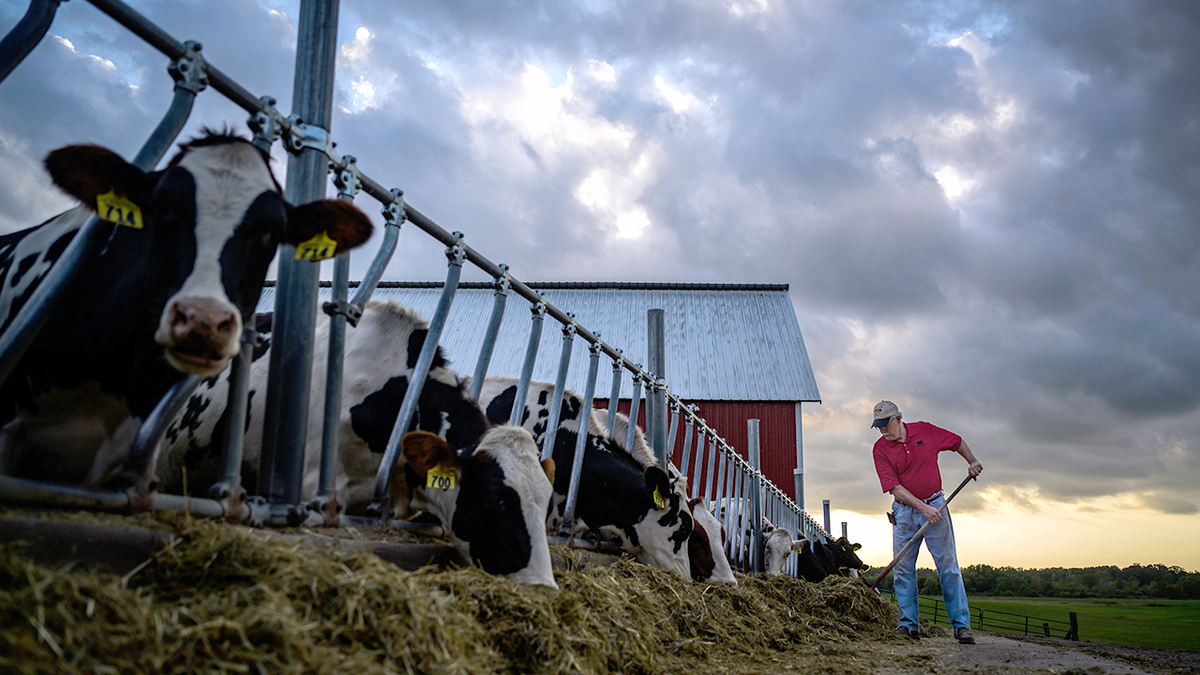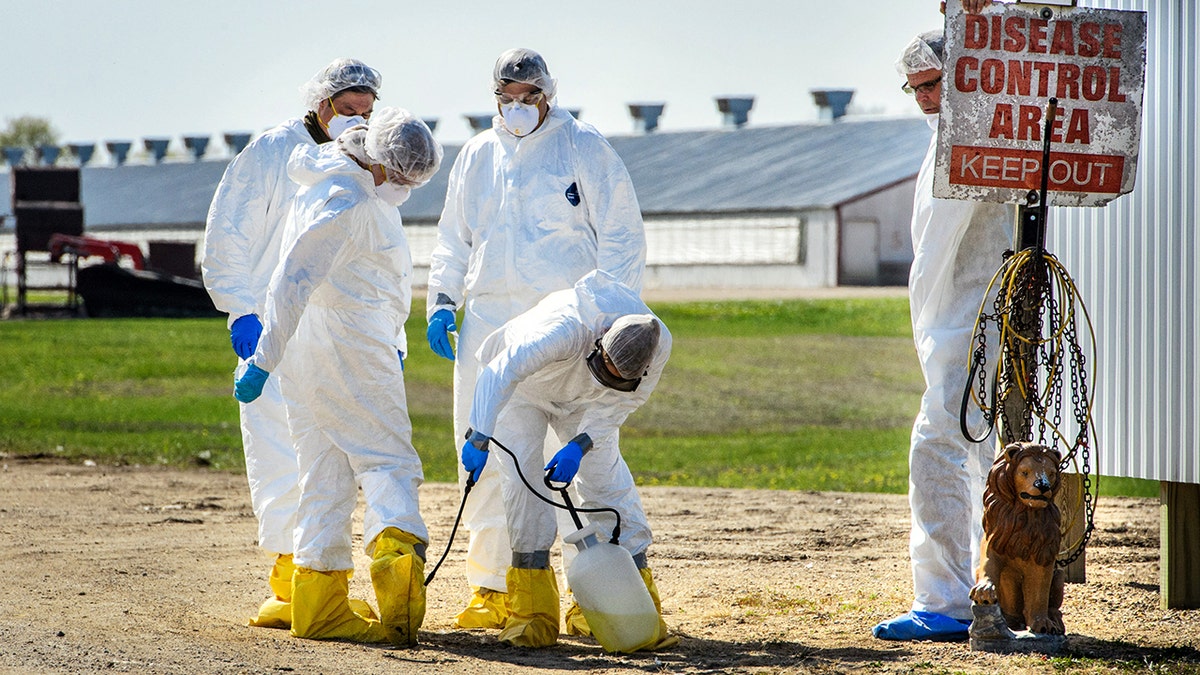Minnesota has officially declared a state of emergency due to the widespread impact of multiple bird flu strains on its agricultural sector. The Minnesota Department of Agriculture (MDA) announced that its Rural Finance Authority (RFA) Board took this action following outbreaks of avian metapneumovirus (aMPV), highly pathogenic avian influenza (HPAI), and the H5N1 virus.
This declaration enables affected farmers to apply for zero-interest disaster recovery loans to cover uninsured losses, including livestock replacement, infrastructure repairs, and lost income resulting from the outbreaks. An MDA representative clarified that this declaration is a necessary procedure to activate the Disaster Recovery Loan Program and doesn't influence other funding or initiatives.

Agriculture Commissioner Thom Petersen emphasized the importance of this step in supporting impacted farmers and urged them to consider these loans. The aMPV outbreak, which began in April 2024, has resulted in a substantial number of positive tests, possibly exceeding the reported 871 cases. This respiratory disease severely compromises the immune systems of poultry, leaving them vulnerable to secondary infections and increased mortality.

HPAI, a highly contagious and lethal viral disease, has also significantly impacted the poultry industry. Minnesota has confirmed 185 HPAI cases since March 2022, affecting over 9 million birds, primarily turkeys. The H5N1 strain, similar to HPAI in poultry, also poses a threat to other animals, including dairy cows. Recent reports indicate human transmission, with a Nevada dairy worker contracting a new strain (D1.1).

Sam Scarpino, a health sciences expert at Northeastern University, expressed serious concern about the escalating bird flu situation in the U.S., noting the emergence of multiple H5N1 strains affecting various species. He welcomed the appointment of Dr. Gerald Parker to lead the White House Office of Pandemic Preparedness and Response Policy, viewing it as a sign of the government's commitment to addressing this critical issue. Scarpino stressed the urgency of containing the outbreak due to its growing agricultural impact and the ongoing risk of human infections.








